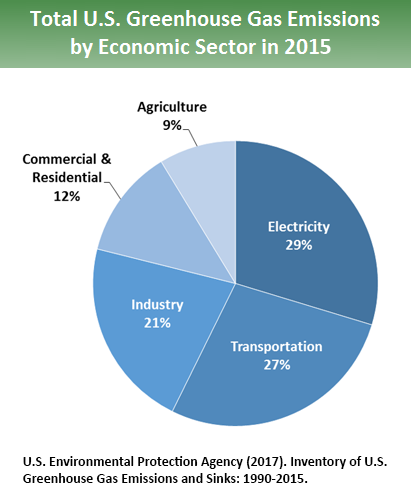
Clean Energy on Wheels
In the past couple of years, the clean energy revolution has steadily been gaining ground. Aside from transitioning to cleaner, renewable energy sources, a number of countries are also bent on keeping their roads clean by banning combustion engine vehicles. With the transportation sector contributing roughly 15 percent of man-made carbon emissions worldwide, this is a noteworthy step. Listed according to when they made their decisions, here are five nations leading this clean energy revolution on wheels.

Germany
Though not the first to have considered banning petrol and diesel cars, Germany was the first to implement a ban. Back in October 2016, the country’s federal council (the Bundesrat) proposed and passed a resolution that calls for a total ban on internal combustion engines by 2030. The decision is a significant one, not just because it’s the first, but also because Germany has the fourth largest car manufacturing industry in the world.
Germany’s also home to some of the biggest car makers out there. As a result, veteran automobile manufacturers Mercedes Benz and Volkswagen have since firmed up on their hydrogen and electric car efforts.
Norway
In February 2017, Norway decided to follow and outdo the German example. Not only is this Scandinavian country banning fossil fuel-based cars, they’ve set a target that’s five years earlier than Germany’s. By 2025, Norway will only sell cars that are 100 percent electric, doing away with petrol-based vehicles.
Their targets for implementing such an ambitious but not impossible plan, strengthened by a green tax system, is clear. “By 2030, heavy-duty vans, 75% of new long-distance buses, and 50% of new trucks must be zero emission vehicles,” according to the Norwegian Public Roads Administration.
India
From European nations, we move to Asia, with India. The country has instituted a policy, similar to Norway’s, to allow only the sale of fully-electric cars by 2030. The effort is financed by the government. “We are going to introduce electric vehicles in a very big way. We are going to make electric vehicles self- sufficient like UJALA,” said Piyush Goyal, India’s Minister of Railways and Coal. “The idea is that by 2030, not a single petrol or diesel car should be sold in the country.”
France
The home of the historic Paris climate deal won’t be left behind, of course, as it’s set radical changes to the country’s climate goals into motion. Part of this is a ban on all petrol and diesel vehicles effective on 2040. It’s a step-by-step process, which includes having “a fleet of 2.4 million rechargeable electric and hybrid vehicles, as well as a 3% of NGV heavy duty vehicles” by 2023, according to France’s Ministry of Ecology, Sustainable Development and Energy.
The U.K.
If France wants it, then the U.K. wants it to. The British have introduced a ban on new diesel and petrol fuel cars by 2040, as part of a $4.06 billion initiative (£3 billion) that trickles down to local councils to improve the nation’s air quality. “Poor air quality is the biggest environmental risk to public health in the UK and this government is determined to take strong action in the shortest time possible,” a spokesperson previously told the BBC.
The Other Two
Worth adding here are two other nations that have expressed interest in curbing greenhouse emissions from cars — the Netherlands and China. The Dutch have been considering a petrol and diesel ban since April 2016, while China revealed similar plans back in September.
In case you’re double-checking if you missed the U.S. in this list, well…you didn’t. It’s still a dream. For now — or at least the next four years.